
Nine Men’s Misery is the site of a dark piece of history tucked away in the woods of Cumberland, Rhode Island. Behind the quiet trails of the Cumberland Monastery lies the site where nine English colonists were captured and executed by Narragansett warriors on March 26, 1676, during King Philip’s War. The site represents one of the bloodiest episodes for the English forces, since the nine soldiers were ambushed, captured, and executed — an act of warning and resistance by the Narragansett. Click here for a 15-minute video of the event and related history posted on October 19, 2025 by Jason Allard.
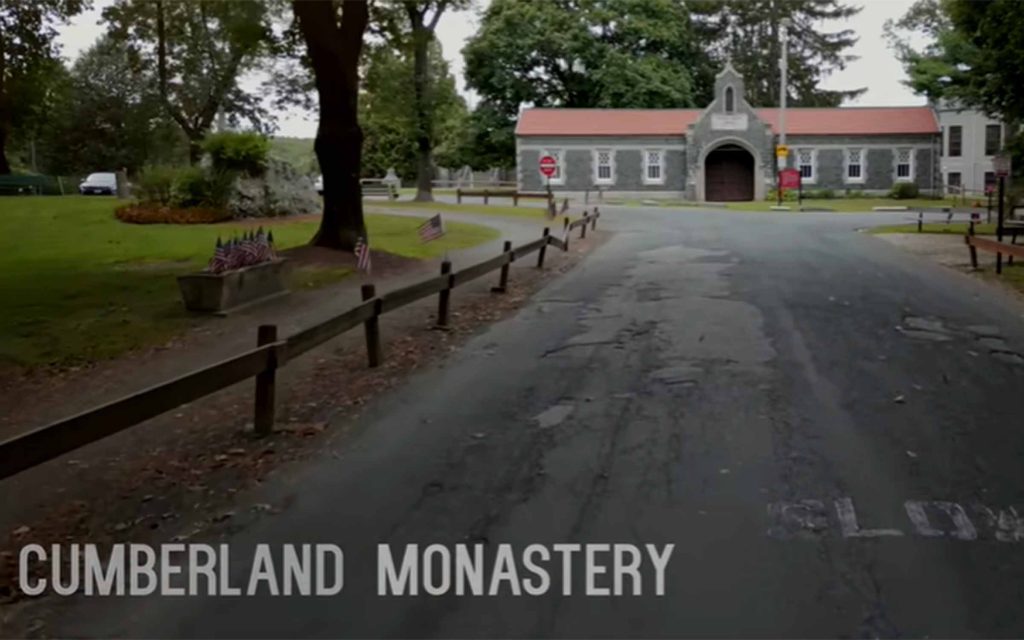
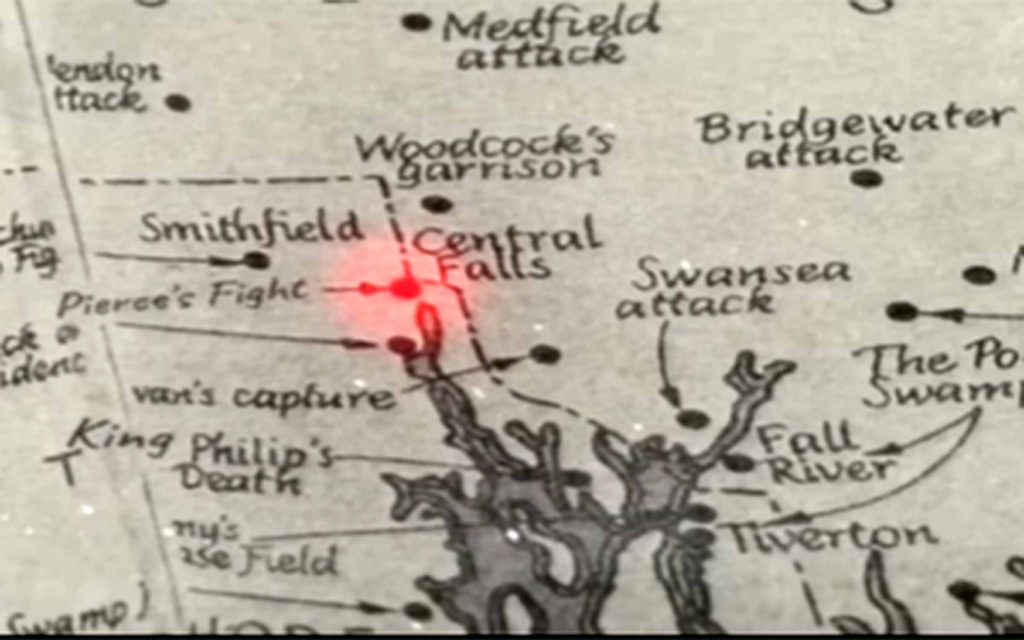
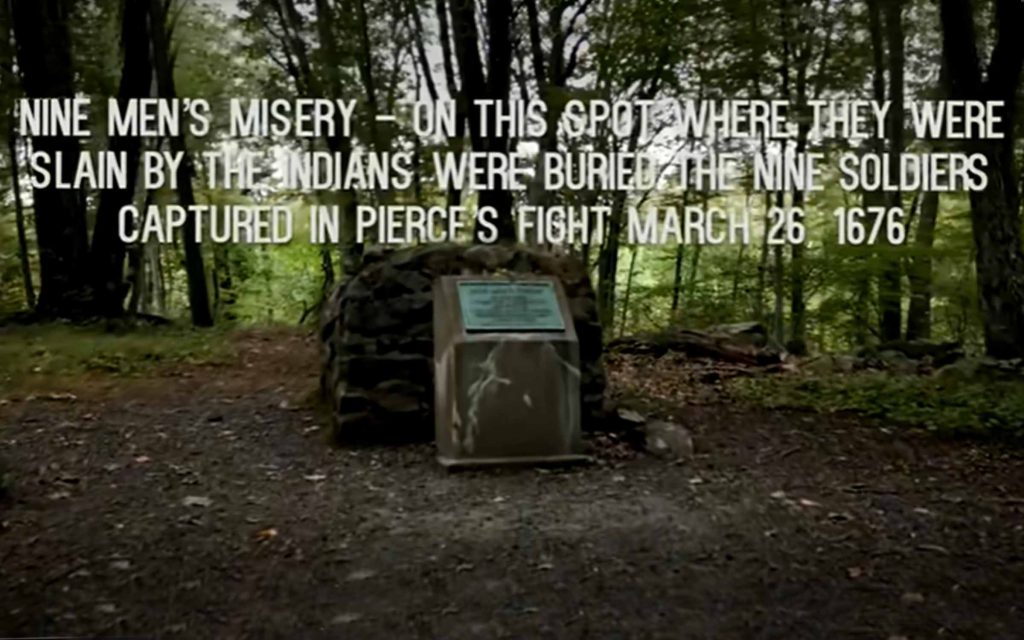
This event at Nine Men’s Misery echoes the broader story of King Philip’s War, a conflict that claimed thousands of lives and devastated many towns across Massachusetts, Rhode Island, Connecticut, and Maine. Today, it serves as a reminder of the complex history of New England and the resilience of Native communities.


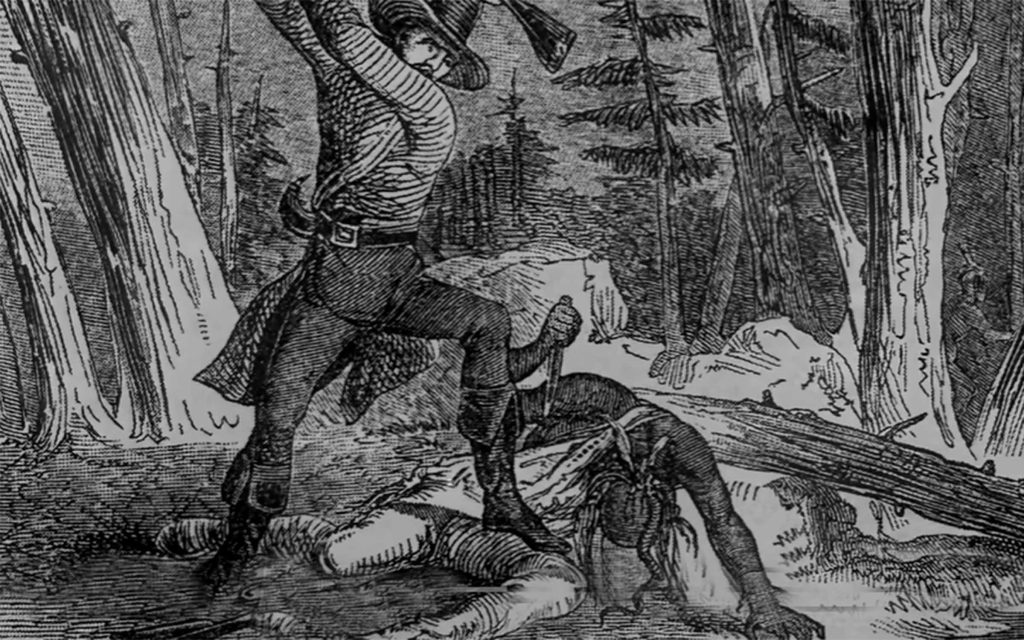
King Philip’s War was a devastating conflict between Native American tribes in southern New England and English colonists, driven by land disputes, broken treaties, and escalating tensions. Key figures in the War included Massasoit Ousamequin, the great sachem of the Pokanoket who forged decades of peace with Plymouth, his sons Wamsutta and Metacomet (King Philip), and colonial leaders like Captain Michael Pierce and Benjamin Church.

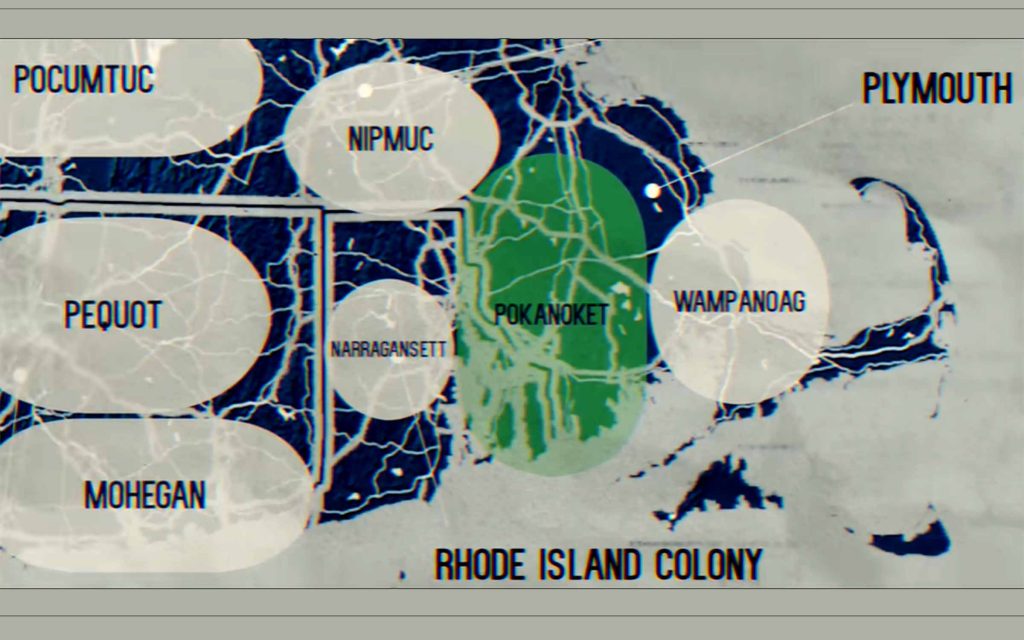
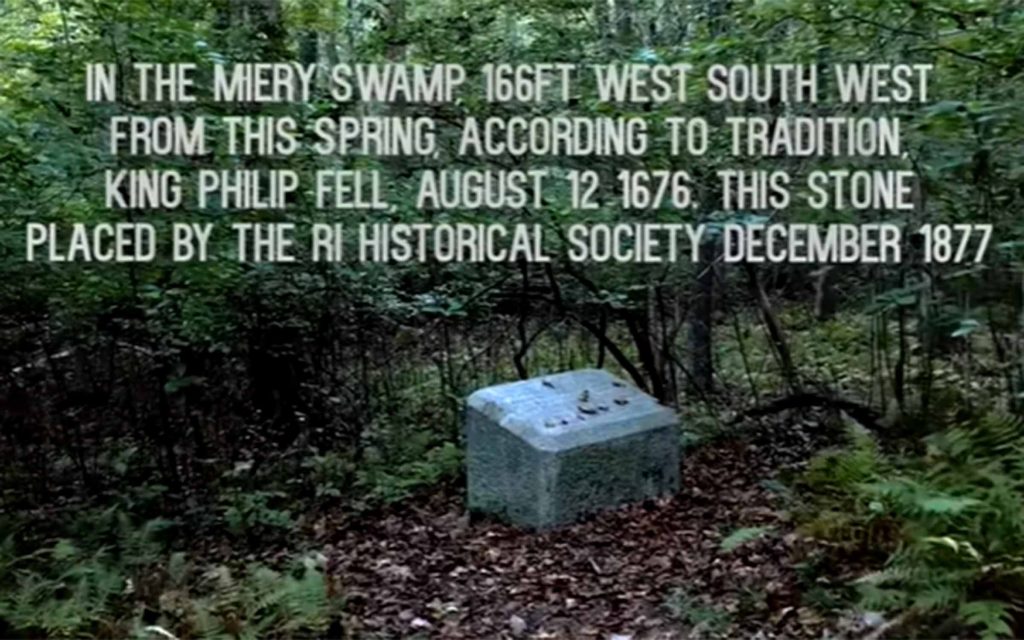
The War involved Native forces from the Wampanoag, Nipmuc, Narragansett, Pocumtuc, and Abenaki groups, as well as colonial militias and some Native allies, and it reshaped the region’s history. In 2024, Brown University returned 255 acres of ancestral land at Mount Hope to the Pokanoket Tribe through a preservation trust. Known to the Pokanoket as Potumtuk — “the lookout of Pokanoket” — the land will be used for gatherings, ceremonies, and, under their stewardship, maintaining a living connection between people and place.
